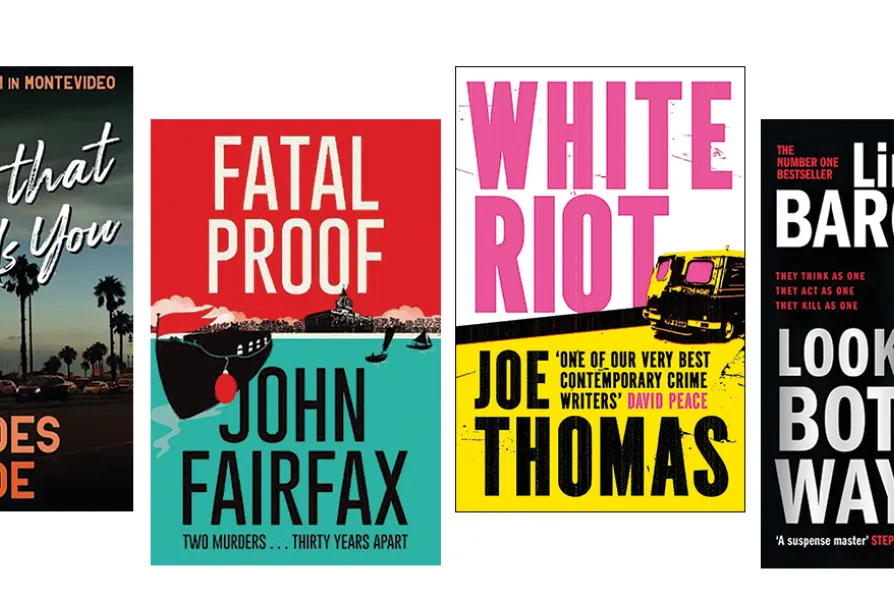RITA DI SANTO draws attention to a new film that features Ken Loach and Jeremy Corbyn, and their personal experience of media misrepresentation


HOW to describe The Hand That Feeds You by Mercedes Rosende (Bitter Lemon Press, £9.99) without resorting to listing its startling events and extraordinary characters? It’s about an armed robbery in Montevideo, in which the people being robbed are armed robbers. It’s a crime caper, a literary novel, a condensed family saga, a comedy and a satire. It’s also a thriller, in which the importance of momentum in the plot is never neglected.
I’m reluctant to say more since it’s perhaps the sort of book you’re better coming to without too much forewarning. I haven’t read anything like this in ages, and I loved every page.
Fatal Proof (Abacus, £20) is the fourth book in John Fairfax’s courtroom drama series featuring Will Benson and Tess de Vere. Will is the convicted murderer who studied law inside and became a barrister on his release, and Tess is the lawyer who believed in his innocence right back at the start, when they were both little more than kids, and has worked with him since he got out.

Timeloop murder, trad family MomBomb, Sicilian crime pages and Craven praise

Reasonable radicalism, death in Abu Dhabi, locked-room romance, and sleuthing in the Blitz












